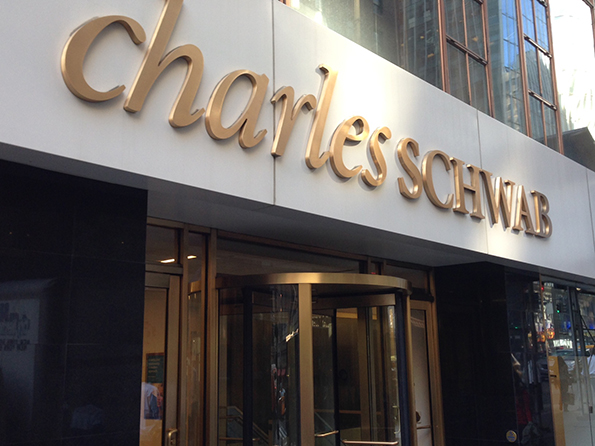(Bloomberg) — Omar Aguilar of Charles Schwab Corp. is seeing fresh asset growth – up to 20% a year – as its investment management arm surpassed a $1 trillion milestone on rising markets and voracious demand for cost-effective funds.
Schwab Asset Management's chief investment officer appreciates expanding the parent company's massive investor reach. Schwab is the largest custodian of registered investment advisors, with 25 million retail investors using its brokerage platform.
Aguilar currently oversees $1.2 trillion in an array of ETFs, mutual funds and separately managed accounts as assets cleared the 13-figure barrier at the end of 2023 as markets shook off recession fears in an all-out rally. He expects that number to grow by 15% to 20% each year for the next seven years.
“We have the luxury of having amazing distribution capabilities within our flagship company,” said Aguilar, who is based in San Francisco and has served as CEO and CIO of Schwab Asset Management since 2022.
Delivering products to investors is often one of the most challenging parts of the ultra-competitive asset management world. Smaller and independent fund issuers often have to see their products reach specific size limits before they can be accepted on trading platforms and the wire.
Schwab Asset Management's position within a larger investment company gives it a somewhat “integrated” distribution network where they can tap into the millions of investors who use the parent company's brokerage platform.
Schwab is the fifth-largest issuer of exchange-traded funds in the U.S., with its portfolio of nearly $350 billion having more than doubled since 2019, according to Bloomberg Intelligence. Aguilar is also looking to grow Schwab Asset Management's model portfolio business over the next several years. He estimated that approximately $50 to $75 billion is currently invested in their designs.
While Aguilar sees the firm's ETF business growing, he doesn't necessarily think the mutual fund wrapper will soon be obsolete. In retirement accounts — like 401ks — the technology supports mutual funds better than ETFs, he said.
Read more: State Street is working to introduce ETFs into the 401(k) system.
“I still question whether or not clients will end up benefiting from having an ETF in their retirement account,” he said. “On the other hand, for taxable accounts, there will be less need for a mutual fund and the trend will definitely favor ETFs.”

